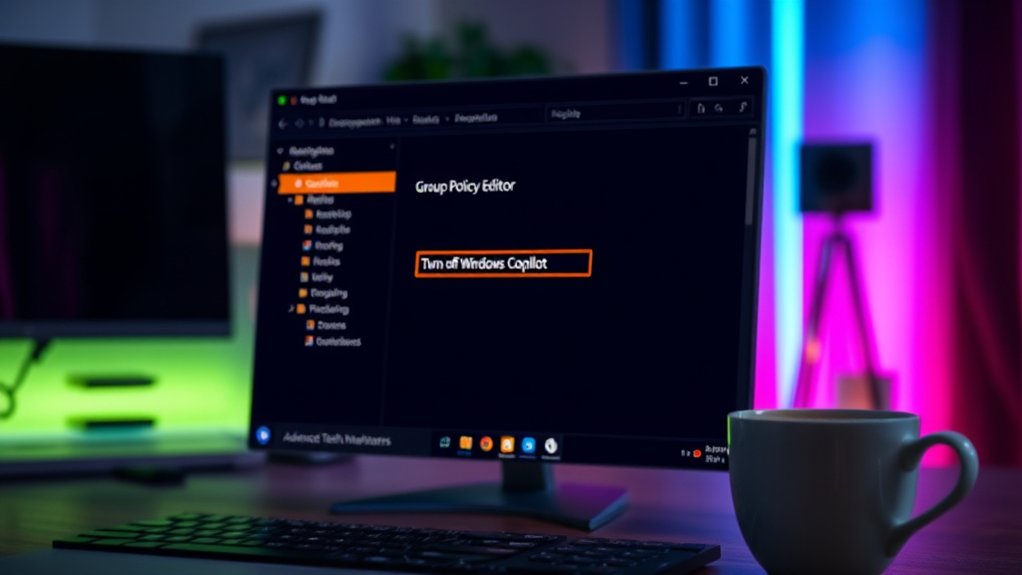A 1TB hard drive can store approximately one trillion bytes of data, equating to around 931GB of usable space after accounting for formatting and overhead. This discrepancy arises from the difference between the decimal system used by manufacturers and the binary system utilized by operating systems. Such capacity allows for thousands of high-resolution photos, significant video content, and extensive audio files, showcasing its utility for both personal and business applications. Further exploration reveals additional insights into storage solutions.

The capacity of a 1TB hard drive represents a significant storage solution in the digital age, comprising one trillion bytes of data. Nevertheless, users may find the operating system (OS) reports only 931GB owing to formatting and overhead. This discrepancy arises as the storage industry employs the International System of Units, where 1TB equals 1,000GB, whereas computers utilize binary calculations, meaning 1TiB equates to 1,024GB.
A 1TB hard drive offers substantial storage, but formatting leads to an effective capacity of only 931GB reported by the OS.
This basic understanding of hard drive capacity is crucial for evaluating its practical applications. For instance, a 1TB hard drive can accommodate thousands of high-resolution photos, up to 500 hours of 1080p video, or approximately 17,000 hours of audio recordings. Moreover, it can store around 85 million documents, equating to a substantial portion of an individual’s lifetime data consumption.
Such dimensions underscore the utility of 1TB drives for personal data backups, providing a secure way to archive files, documents, and media at home. In a business context, 1TB drives facilitate the storage of important company data, reports, and communications, whereas in creative industries, larger media files, such as movies and project files, can be efficiently housed. SanDisk Portable SSDs, including devices like SanDisk’s external drives, provide reliable storage solutions for those on the move, ensuring accessibility and security. Comparatively, hard disk drives (HDDs) offer expansive capacities at a cost-effective price, even if they often lag behind solid-state drives (SSDs) regarding speed. Additionally, 1TB drives typically support USB bus power, allowing for ease of connection and portability in various scenarios.
The average HDD speed may reach 5,400 to 7,200 rotations per minute, with transfer rates up to 6 Gb/s for certain SATA models. Yet, the speed of a drive is influenced heavily by its interface type, including USB options. As technology evolves, understanding these specifications becomes crucial for consumers to make informed choices about storage solutions, ensuring their needs are adequately met in an increasingly digital environment.
Frequently Asked Questions
How Many Photos Can a 1TB Hard Drive Store?
A 1TB hard drive can store approximately 200,000 high-quality JPEG photos, assuming an average file size of 5MB each.
Variations in file size play a vital role; for instance, larger RAW files, ranging from 20MB to 50MB, considerably reduce this number.
As a result, the total capacity depends on the file types used.
For users managing extensive photo collections, understanding these limits is fundamental for effective storage planning and management.
Is 1TB Enough for Gaming?
Determining whether 1TB is sufficient for gaming depends on several factors. Commonly, 1TB is regarded as a baseline for light to moderate gaming, yet game sizes often range from 10GB to over 100GB.
For instance, a player with multiple large titles may quickly exceed this capacity.
Experts suggest that utilizing external drives or cloud storage can aid in managing space, whereas anticipating future storage needs is advisable for avid gamers.
How Does 1TB Compare to SSD Storage?
In comparing 1TB storage options, solid-state drives (SSDs) markedly outperform hard disk drives (HDDs) in speed, durability, and energy efficiency.
SSDs achieve read/write speeds between 500-3,500 MB/s, whereas HDDs range from 30-150 MB/s.
Even though 1TB HDDs are typically more affordable, offering better cost per gigabyte for bulk storage, SSDs are preferred for performance-critical tasks, such as gaming and video editing, because of their faster access and boot times.
What’S the Lifespan of a 1TB Hard Drive?
The lifespan of a 1TB hard drive typically ranges from four to seven years, depending on various factors. Usage patterns, such as hours of operation, greatly influence durability.
Furthermore, environmental conditions, including temperature and humidity, impact mechanical components.
Manufacturers often estimate that external hard drives last between three to five years, whereas solid-state drives may endure longer because of fewer moving parts, typically lasting five to ten years.
Regular maintenance and proper handling can improve longevity.
Can a 1TB Hard Drive Fail?
A 1TB hard drive can certainly fail, primarily because of mechanical wear over time.
A study by Backblaze indicated an average annual failure rate (AFR) of 1.37% for hard drives, with smaller drives experiencing higher failure rates.
Moreover, factors such as power surges and bad sectors contribute to potential failures.
Most drives typically fail within three years, accumulating around 1,548 bad sectors before ceasing function, emphasizing the importance of regular backups.









